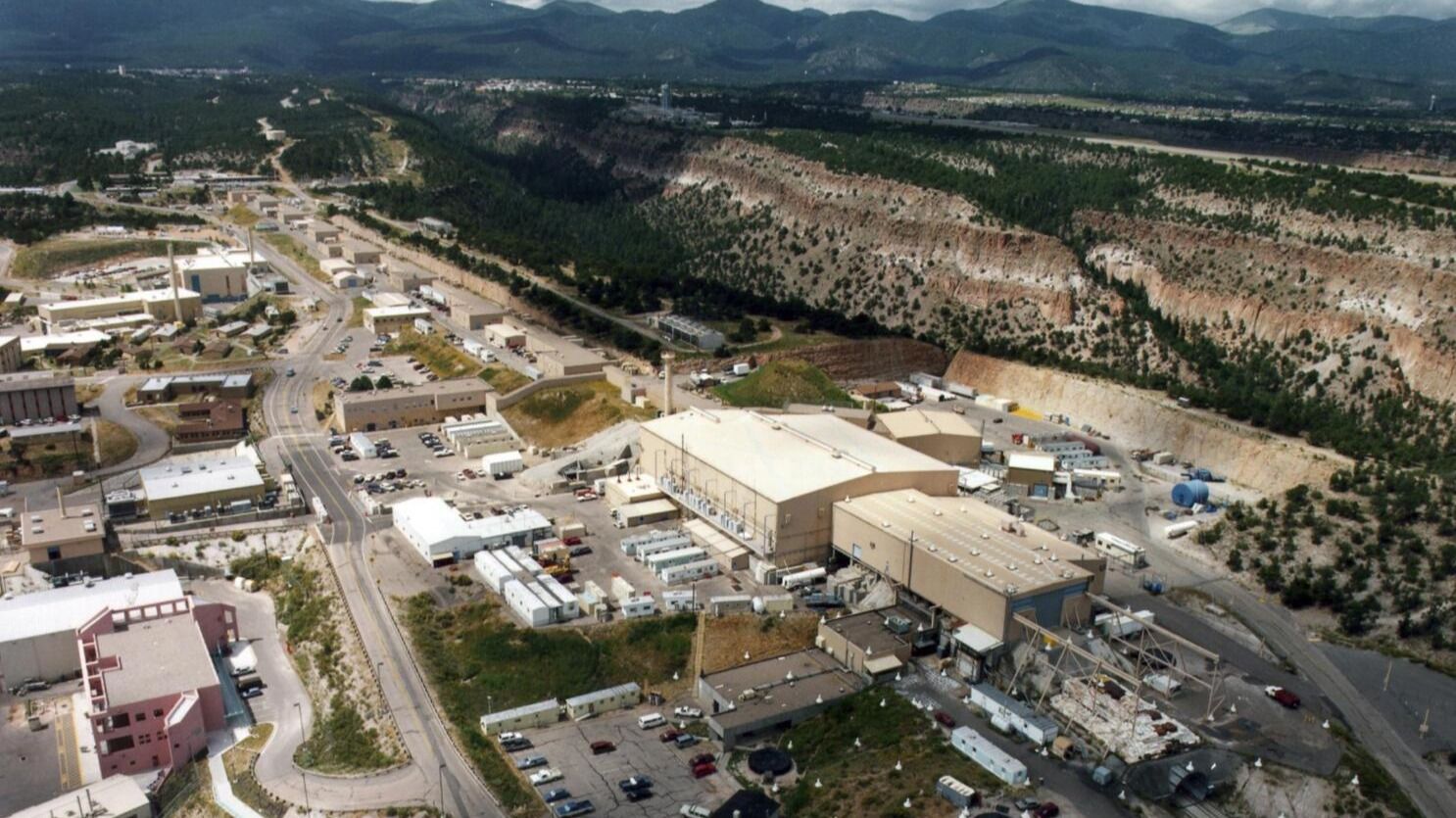A machine operated by a Chinese military-linked biotech company is in use at one of the United States’ most classified research laboratories, the House Oversight Committee revealed this week.
“We are aware that there is a BGI machine at Los Alamos,” a committee spokeswoman confirmed to Fox News Digital. This revelation has raised serious concerns, as the Los Alamos National Laboratory in New Mexico has long been one of the country’s most sensitive research facilities, dating back to the creation of the atomic bomb under the Manhattan Project in 1943.
The machine in question is connected to the Beijing Genomics Institute (BGI), a leading biotech and genomics company in China. The Pentagon has identified BGI as a “Chinese military company” and has dubbed it “China’s Biotech National Champion.”
The presence of this BGI-linked technology at Los Alamos comes at a time of heightened scrutiny surrounding foreign influence in U.S. critical infrastructure. Lawmakers recently passed the BIOSECURE Act in the House of Representatives, which would prevent U.S. taxpayer dollars from being funneled into biotech companies owned or controlled by China or other adversarial nations. The legislation aims to ban machines like the one from BGI at highly sensitive locations like Los Alamos.
The bill now awaits deliberation in the Senate Homeland Security Committee. However, the timeline for the Senate’s action remains uncertain. The House Oversight Committee has not yet disclosed whether it will launch an investigation into the presence of the BGI machine at Los Alamos.
BGI’s Expanding Influence
BGI Group, with strong ties to the Chinese Communist Party (CCP), operates one of the world’s largest gene databanks in China and maintains DNA sequencing contracts with healthcare companies and universities around the globe. Substantial funding for BGI has come from China’s State Development and Investment Corporation (SDIC), the country’s largest state-owned investment fund.
In 2021, BGI developed a neonatal genetic test in collaboration with the CCP, allowing them to collect data from millions of women to study genetic traits in populations, according to a report by Reuters. This massive data collection raised alarms, with experts fearing that BGI’s operations could be part of a broader effort by the Chinese government to gather sensitive personal data worldwide.
The National Security Commission on Artificial Intelligence warned that BGI “may be serving, wittingly or unwittingly, as a global collection mechanism for Chinese government gene databases.” Such databases could give China access to vast and diverse human genome samples, as well as private information on key individuals globally.
A Decades-Long Infiltration?
This latest development is not the first time China’s influence has been tied to the Los Alamos National Laboratory. In 2022, Strider Technologies, an information security firm, released a report suggesting that China had been engaged in a long-term campaign to recruit researchers from Los Alamos. Between 1987 and 2021, at least 162 scientists who had worked at the lab returned to China to collaborate with the Chinese government.
Fifteen of these researchers had held permanent positions at Los Alamos, many with high-level security clearances, according to the Strider report. These scientists brought with them knowledge and expertise that could potentially bolster China’s nuclear research and advanced technology programs.
BGI’s U.S. Expansion
Despite growing concerns, BGI has been expanding its footprint in the United States. In 2021, BGI acquired Complete Genomics, an American genomic sequencing company. The following year, BGI spun off a subsidiary, MGI, which took Complete Genomics under its wing. Although MGI has gone public on the Shanghai stock exchange, it remains largely controlled by BGI and other entities with ties to the CCP.
BGI has also set up multiple subsidiaries in the U.S. over the past two years, seemingly to evade closer scrutiny.
As lawmakers and national security experts raise red flags over BGI’s activities, the question of how deeply China’s influence has penetrated sensitive U.S. institutions, like Los Alamos, continues to be a pressing concern.
Here is what else you need to know
The passage of the BIOSECURE Act in the House is seen as a critical step toward limiting China’s access to U.S. biotech infrastructure. If passed by the Senate, the bill would not only block Chinese-controlled companies from receiving U.S. taxpayer funds but also prevent them from establishing a foothold in the nation’s most secure research facilities.
In the meantime, the presence of a Chinese military-linked machine at Los Alamos underscores the growing complexity of national security threats posed by foreign state-controlled corporations.
While the Senate has yet to take up the bill, the focus on tightening restrictions around foreign biotech companies is expected to intensify as more details about BGI’s involvement in U.S. labs come to light. The ongoing concerns about espionage and the potential misuse of genetic data by foreign adversaries, particularly China, are likely to remain a top priority for American lawmakers and national security officials. As the situation evolves, the role of companies like BGI in the U.S. may continue to face scrutiny, especially when national security is at stake.
For now, the discovery of the BGI machine at Los Alamos serves as a stark reminder of the delicate balance between international scientific collaboration and safeguarding sensitive information critical to national security.
Chinese Military-Linked Machine Found at US’ Top Secret Research Lab world-news, us World News | Latest International News | Global World News | World News Today




